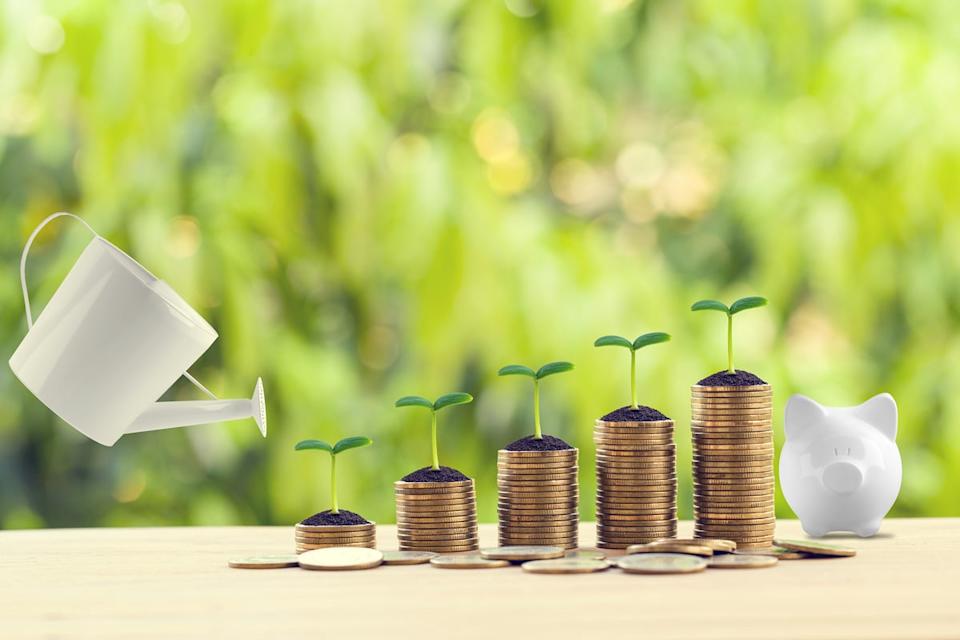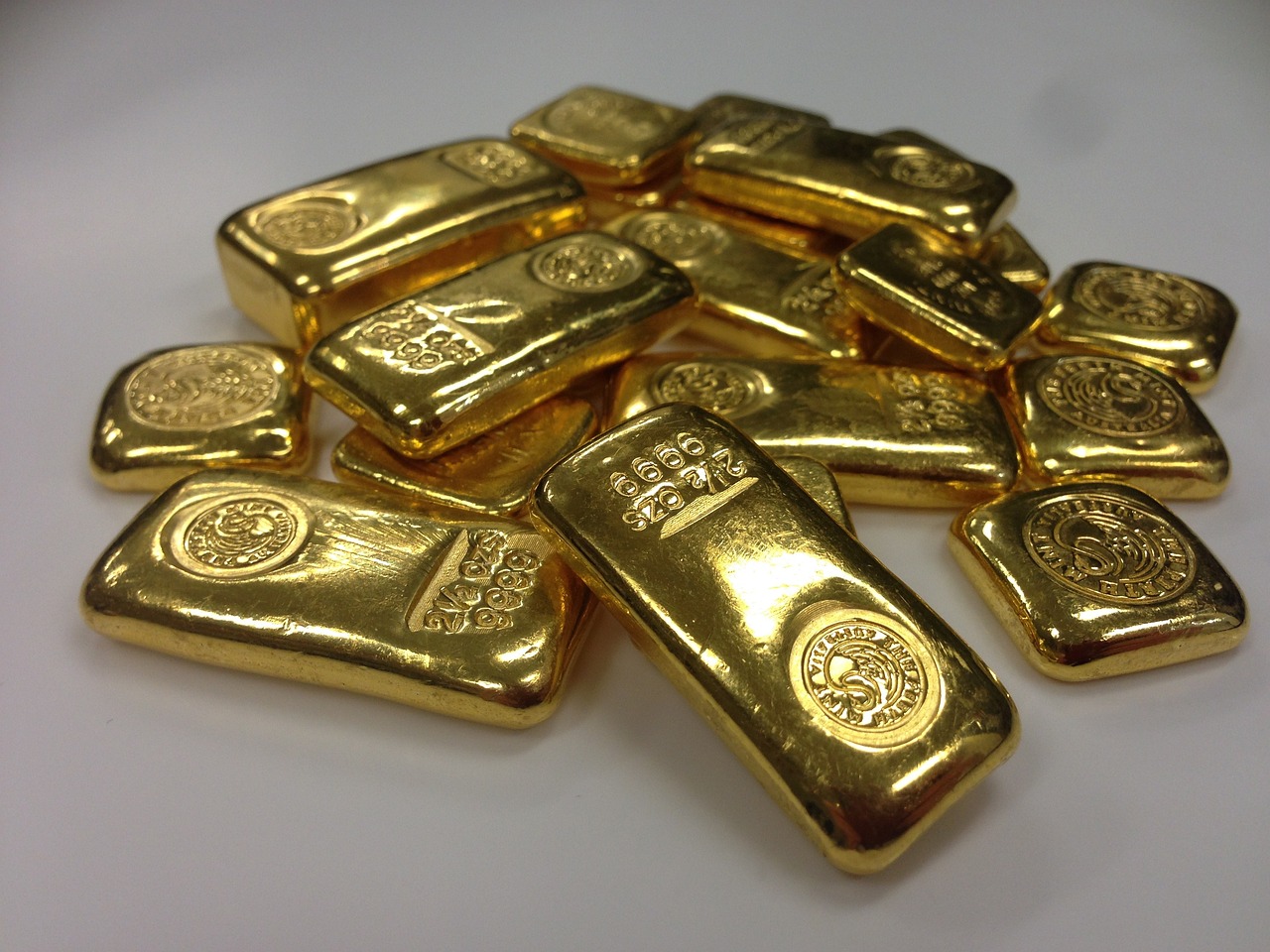Link copied
BOJ's inflation warning leaves room for another rate hike this year
watchlist :: 3hrs ago :: source - reuters
By Leika Kihara
 Bank of Japan Governor Kazuo Ueda attends a press conference after a BOJ policy meeting in Tokyo, Japan. REUTERS
Bank of Japan Governor Kazuo Ueda attends a press conference after a BOJ policy meeting in Tokyo, Japan. REUTERS
(Reuters) -The Bank of Japan may take a long pause before raising interest rates again, but it has still left scope for action this year by signaling caution over broadening price pressures that could sow the seeds of too-high inflation.
While investor focus at this week's BOJ policy meeting centered on its dovish decision to slow the pace of its bond stimulus withdrawal, the bank provided plenty of arguments for why it should persist with rate hikes.
Governor Kazuo Ueda said on Tuesday the BOJ's near-term focus was on downside risks to Japan's economy with the hit from U.S. tariffs seen intensifying in the second half of this year, suggesting the bank was in no rush to resume rate hikes.
But he said there were not just downside but upside risks to prices, adding the BOJ should not rule out the chance of rising food prices leading to sustained, broader-based inflation.
"Coupled with already rising food prices, oil price moves caused by tensions in Iran and Israel, if they persist, could risk affecting inflation expectations and underlying inflation," he told reporters after the BOJ's widely-expected decision to keep rates steady. "So we must scrutinise developments carefully."
Those remarks came amid an escalating Middle East conflict that has caused crude oil prices to surge.
Mizuho Securities expects the recent rise in fuel costs to push up core consumer inflation by up to 0.2% point around autumn this year, and possibly heighten inflation expectations of households faced with higher gasoline and utility bills.
That would add to already rising rice and food prices, which lifted headline inflation to 3.6% in April - well above the BOJ's 2% target.
Such price pressures might lead to an upgrade in the BOJ's price forecasts at its next quarterly outlook due on July 31, when the board takes a fresh look at whether cost-push pressures are moderating as they predict.
"We expect the BOJ to revise up its price forecasts at the July outlook report, laying the path for a rate hike in October," said JP Morgan Securities economist Ayako Fujita.
In current forecasts made on May 1, the BOJ expects core consumer inflation to hit 2.2% in the year ending in March 2026 before slowing to 1.7% the following year.
The estimates are based on the assumption that crude oil prices are broadly flat throughout the projection period and the effects of rising food prices wane.
MIXED READINGS
U.S. trade policy uncertainty has complicated the BOJ's efforts to wean the economy off a decade-long stimulus, with initial plans to hike in July dashed by President Donald Trump's April tariff announcement.
Some BOJ watchers saw Ueda's comments this week as surprisingly dovish and ruling out the chance of near-term rate hikes.
Former BOJ board member Takahide Kiuchi said even if the BOJ resumes rate hikes, the next one will likely be around year-end or early next year, which would give the bank time to grasp the economic impact of Trump's tariffs.
Even so, the BOJ has recently escalated its warning about the second-round effects of supply shocks as it grows wary of being caught behind the curve in addressing the risk of too-high inflation.
In the May 1 outlook report, the BOJ said rising rice and food prices could affect underlying inflation by changing public perceptions on future price moves.
In the strongest warning to date on price pressures, Ueda said last month that Japan was experiencing "another round of supply shocks" in the form of food price rises that could demand a policy response.
"Given that underlying inflation is closer to 2% than a few years ago, we need to be careful about how food price inflation will impact underlying inflation," he said, pointing to the danger of looking through the impact of raw material prices.
The BOJ is paying particular attention to how rising food prices could affect households' inflation expectations. The doubling of the price of rice, a Japanese staple, has drawn intense public attention.
"Price hikes are no longer scaring away consumers, which may be a sign households' inflation expectations are already heightening," a source familiar with the BOJ's thinking.
"If headline inflation stays around 4%, some in the BOJ might shift more in favour of rate hikes," another source said.
For now, the BOJ will likely stick to communication that leaves itself room to stand pat for as long as needed - or hike swiftly if uncertainty over U.S. trade policy clears up.
That will likely keep market players guessing on the next rate-hike timing.
Analysts at ING expect the BOJ to hold off raising rates until early 2026 if Japan's tariff negotiations with the U.S. drag on longer than expected. But they add the timing could be pushed forward if underlying inflationary pressures build.
"The earlier price gains of rice and food have been passed on to services prices and other manufactured prices. We also see a gradual pick-up in rents over the next few months," ING said.
"If core inflation continues to stay above 2% for the coming months, a rate hike by the BOJ is still possible in 4Q25."
(Reporting by Leika Kihara; Editing by Sam Holmes)
Reuters report
This week on Reuters
This week top market trends.
-
2 Companies Now Have Credit Ratings Higher Than The U.S
2025-05-22 :: companies :: ibd -
Market today: Wallstreet is sinking,let me walk you through on what's currently trending
2025-06-13 :: general :: investorshd -
Citi sees gold below $3,000 after Q3 2025 on weak demand, growth optimism
2025-06-17 :: commodities :: reuters -
US finds no currency manipulators, adds Ireland, Switzerland to monitoring
2025-06-06 :: foreign exchange :: reuters -
Wall Street Banks Bet on Emerging Markets After Wasted Years
2025-05-19 :: watchlist :: bloomberg
Recent global market news
-

This ETF Could Turn $500 Per Month Into a $851,000 Portfolio Paying $30,000 in Annual Dividend Income
2025-06-04 :: :: motley fool




:max_bytes(150000):strip_icc()/GettyImages-22127767181-8b1986f7aac74d06aa98d0c6628662f6.jpg)